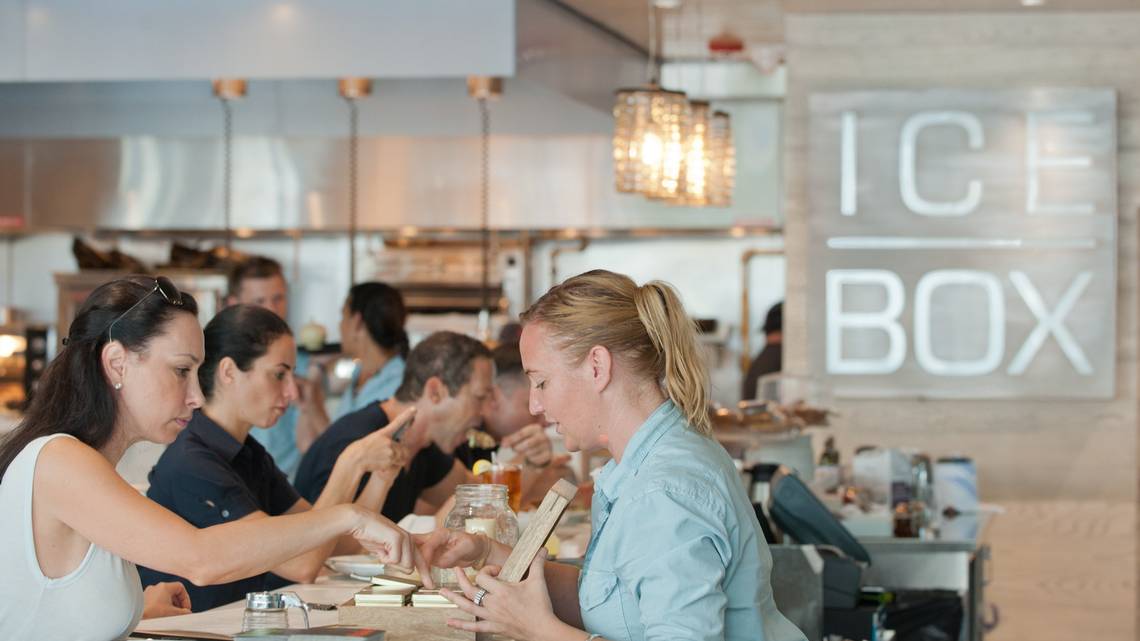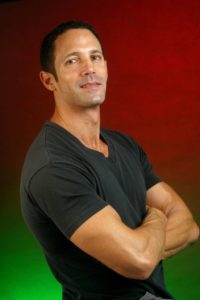Miami Herald: Miami Beach cafe sold ‘locally sourced’ food. Attorney general says that’s baloney.
by Martin Vassolo mvassolo@miamiherald.com | May 04, 2018
A trendy Miami Beach restaurant that purported to sell wild salmon and “farm-to-bar” cocktails used “false and misleading claims” to dupe customers into thinking they were eating — and drinking — sustainably, according to a lawsuit filed by Florida’s attorney general on Friday.
Icebox Cafe in Miami Beach, its offshoot at Miami International Airport and owner Robert Siegmann were sued, accused of violating Florida’s Deceptive and Unfair Trade Practices Act “as a result of allegedly making false or misleading statements, as well as material omissions regarding the food products offered and sold to consumers,” Attorney General Pam Bondi’s press office said.
Siegmann, though, says he relies on his vendors for information about the source of ingredients. If items aren’t locally grown, he said, his suppliers are the ones doing the misrepresenting.
The civil complaint was filed in Miami-Dade County Circuit Court. It asserts that Siegmann took advantage of consumer interests in locally sourced and sustainable foods while putting local restaurants specializing in so-called “farm-to-table” practices at a disadvantage.
“Many Floridians want to know where and how their food was grown, and we will not stand for any restaurant misrepresenting the origin of the produce they sell to deceive customers seeking locally-sourced, fresh food,” Bondi said in a statement.
Siegmann, the lawsuit claims, created the false impression through marketing and advertising efforts that most, if not all, menu items offered at his restaurants were locally sourced or sustainable, when “just a small fraction” of items were.
Icebox Cafe in Miami Beach, 1855 Purdy Ave., got customers hooked on “garden-to-glass” cocktails made with ingredients often picked from a “nearby garden” and falsely claimed it purchased products from Paradise Farms in Homestead or North Star Seafood in Pompano Beach despite no record of purchase from these sources, the state alleges. Management also touted falsely that it offered “wild fish or fish that was caught the same day” with no invoices matching those claims.
In an emailed statement to the Miami Herald, Siegmann distanced his business from its distributors, implying that the onus should fall on his vendors.
“We have not been served with a copy of the complaint. The restaurants purchase food from vendors who have represented they participate in the “Fresh from Florida” program. We rely on our vendors’ representations in that respect. We will be reviewing the legal documents and allegations with the companies’ attorneys and respond accordingly,” Siegmann said.
Menu items at the Icebox Cafe located in MIA’s Terminal D were advertised as “farm-to-terminal” when, in reality, “few of the meals, if any, offered and sold … were made with products from local farms or nearby sources,” the complaint states. There are two Icebox cafes at Dallas/Fort Worth International Airport, but those are not listed as defendants in the lawsuit.The lawsuit cites a food service industry survey that shows about half of consumers are willing to pay more for locally sourced foods. At Icebox, an avocado toast will run you $15 and a “Super Foods” cocktail — Grey Goose vodka, fresh berries, lemon, mint, acai-pomegranate reduction — a cool $12, according to its online menu.
The state is seeking a permanent injunction on Siegmann’s practices. His companies also face civil penalties for alleged violations of Florida’s Deceptive and Unfair Trade Practices Act.
Siegmann and Icebox, famous for its desserts, were featured on “Oprah” in 2006 — while the restaurant was still at its old location on Michigan Avenue in Lincoln Road — in the television show’s search for the best cakes in America. Then-Miami Heat basketball player Shaquille O’Neal, a celebrity guest during the feature, gushed over their sweetness.
“Oprah, this is the best cake in Miami right here!” he said. The cakes were not listed in the lawsuit.

